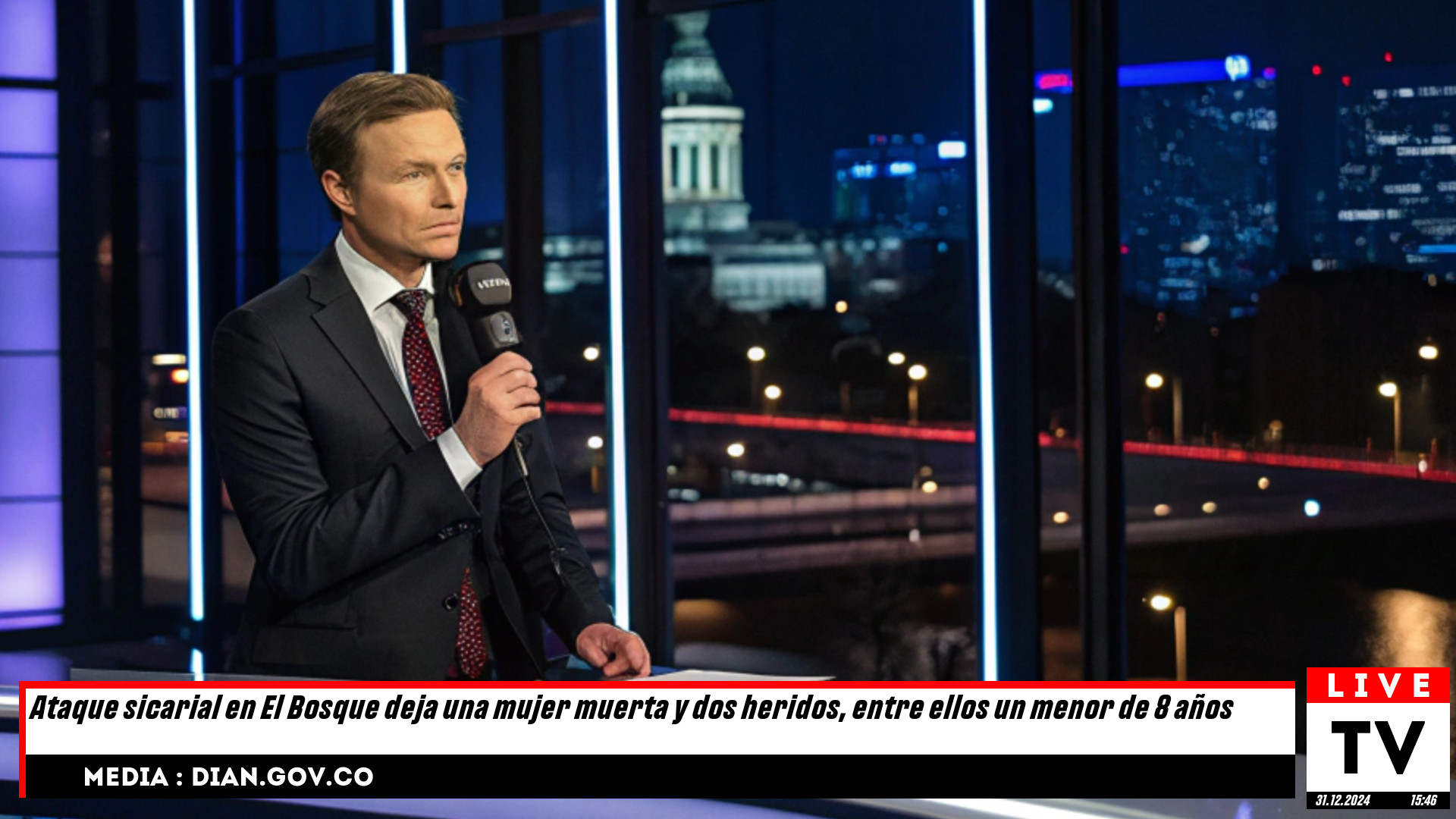COP29: Un nuevo paso hacia el futuro del clima | Cambio Climático | EL PAÍS English
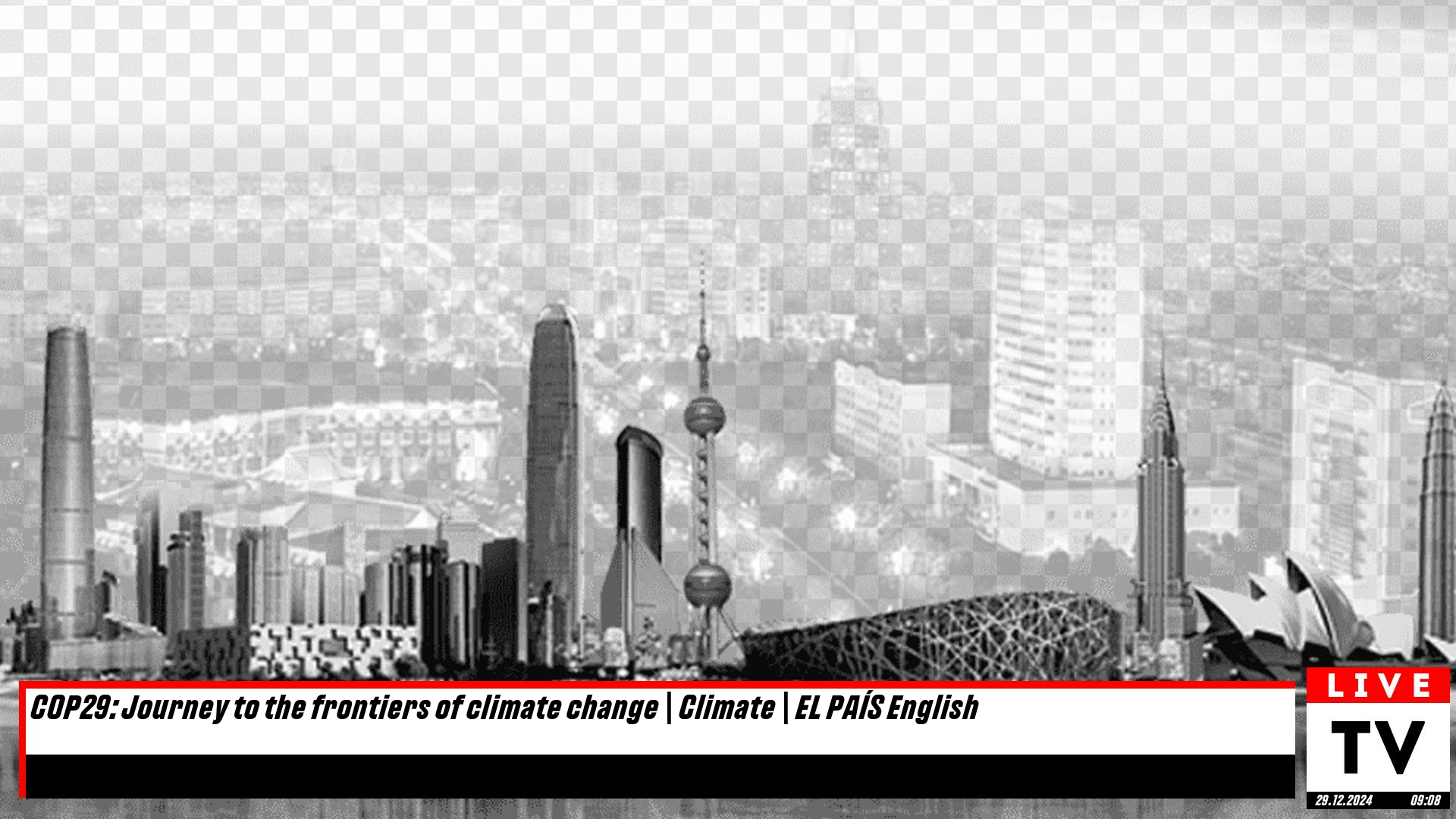
Aminata está embarazada y trabaja en los campos de un pueblo sofocante por el calor en Gambia. Investigaciones internacionales recientes, que utilizan su aldea como modelo, advierten que las altas temperaturas representan un grave riesgo para su salud y la de su bebé. Andy Ouedraogo Regma, un octogenario de Burkina Faso, sobrevive como si estuviera enfrentando una enfermedad ante el peor calor de los últimos 200 años en el Sahel, en un continente donde los expertos sospechan, aunque carezcan de datos confiables, que las muertes por estrés térmico están aumentando alarmantemente. Mientras tanto, en Tailandia, los suicidios se están incrementando durante los meses más calurosos y las emociones están a flor de piel debido a las restricciones de movimiento impuestas por las elevadas temperaturas.
These are real stories from countries in the Global South, where the climate emergency and extreme events like the recent floods in Spain are a daily reality, and where warming and its effects are advancing faster than the global average. An example: between 1970 and 2021, Africa accounted for 35% of climate-related deaths, while only 40% of Africans have access to early warning systems.
Floods, droughts and heat waves are exacerbating existing humanitarian crises, and in addition to the human cost of this perfect storm, the economic burden is disproportionate. According to estimates by the World Meteorological Organization (WMO), Africa loses between 2% and 5% of its GDP just responding to extreme weather events. That is why, summit after summit, and as happened at COP29 in Baku, the leaders of the Global South are once again demanding climate justice. They are asking for the transfer of funds and technology to survive a major emergency that they did not create, but which they are suffering from more than the rest of the world.
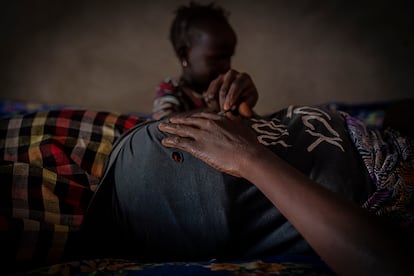
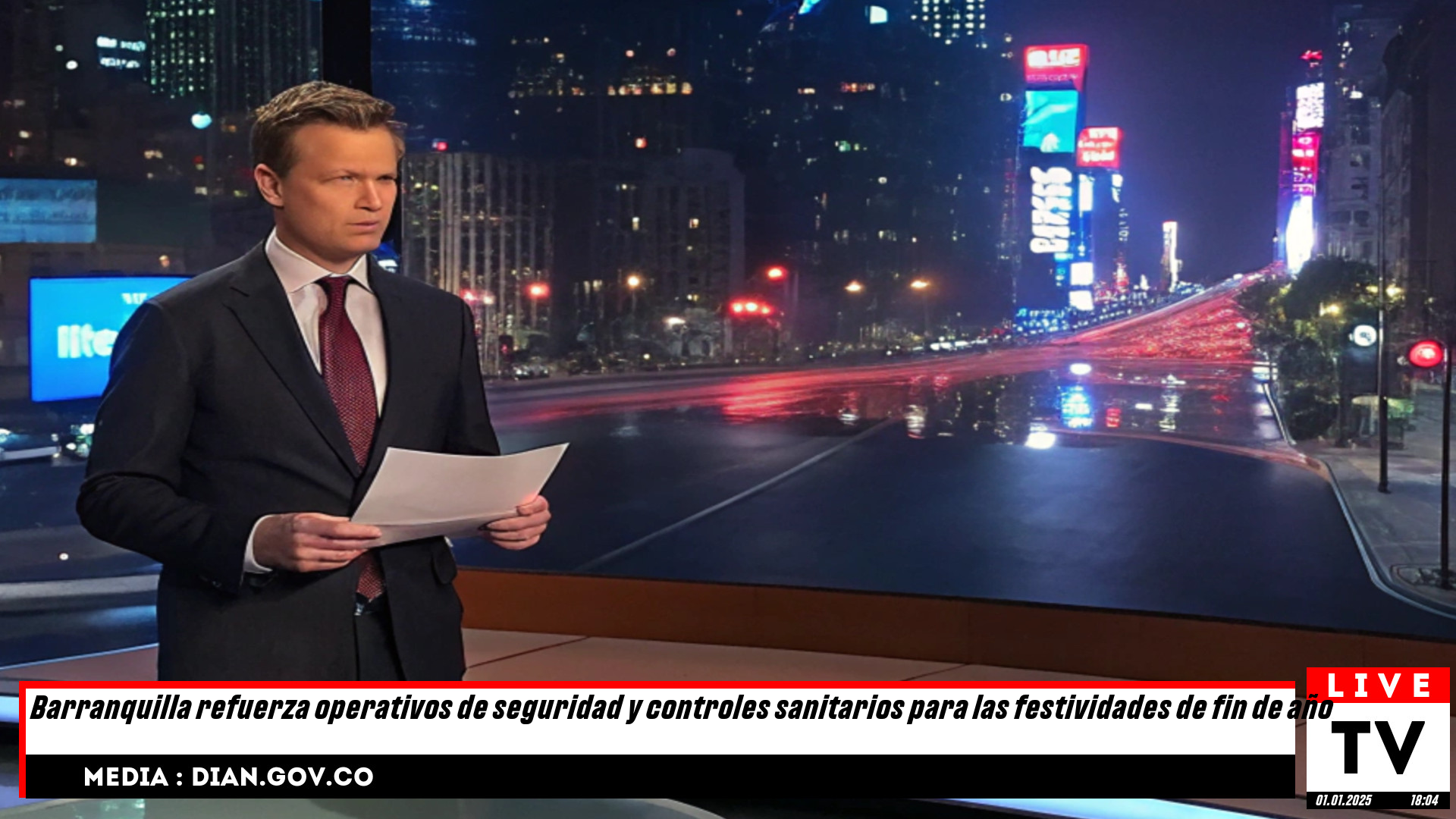
Barranquilla intensifica medidas de seguridad y salud ante las celebraciones de fin de año.
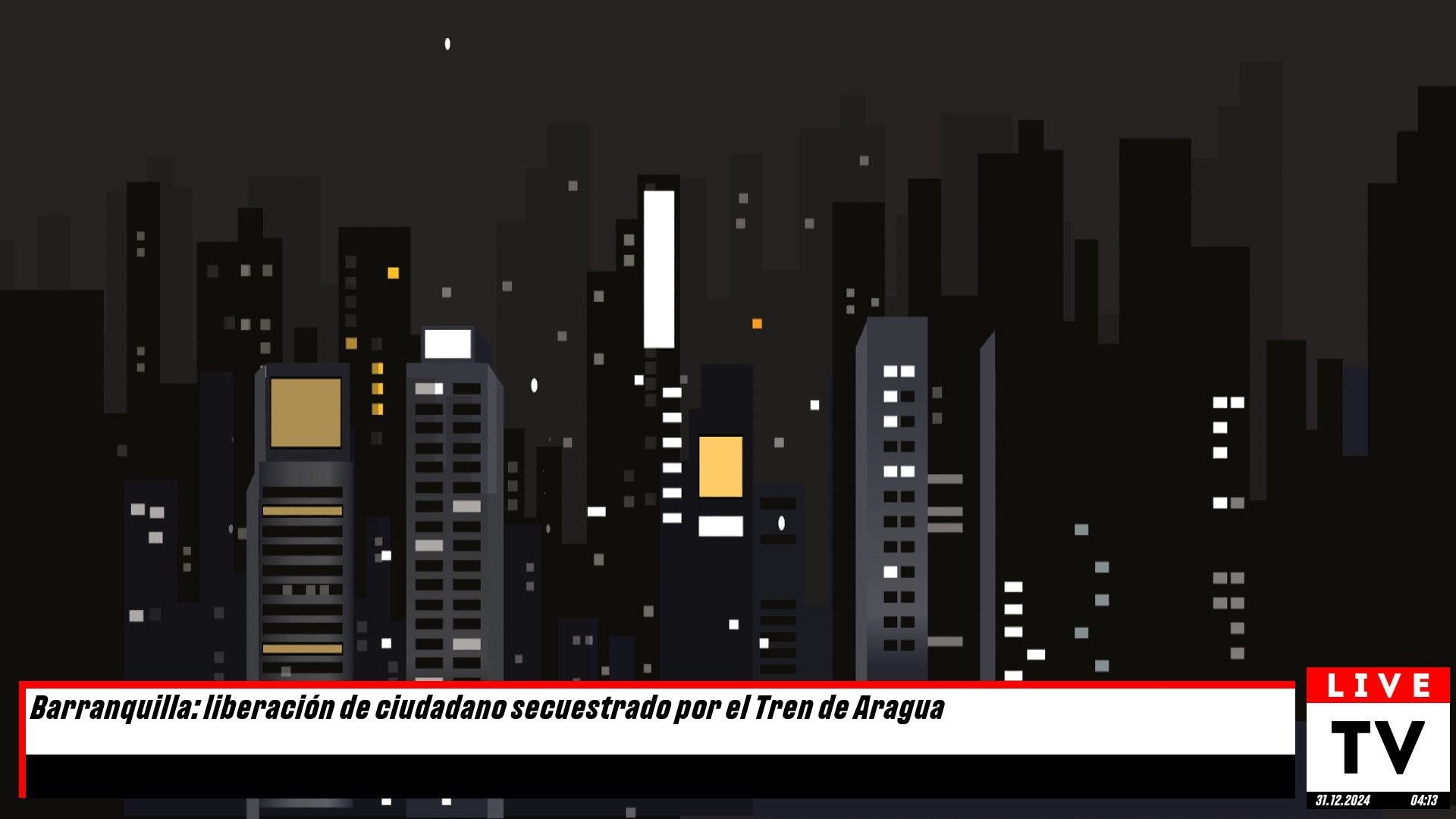
¡Éxito en Barranquilla! Liberan a ciudadano secuestrado por el Tren de Aragua
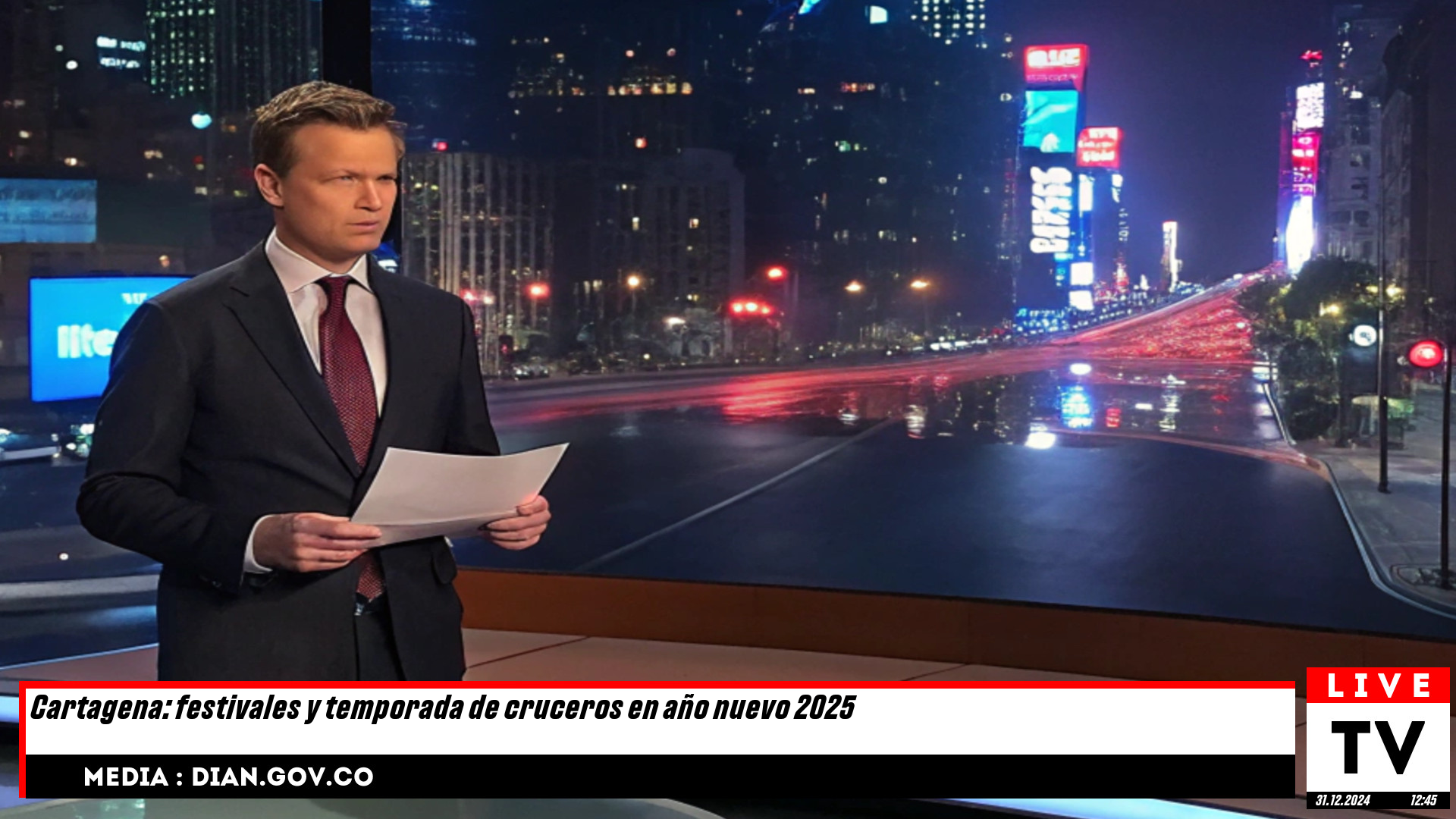
¡Cartagena se prepara para un espectacular inicio de 2025 con festivales vibrantes y cruceros emocionantes!
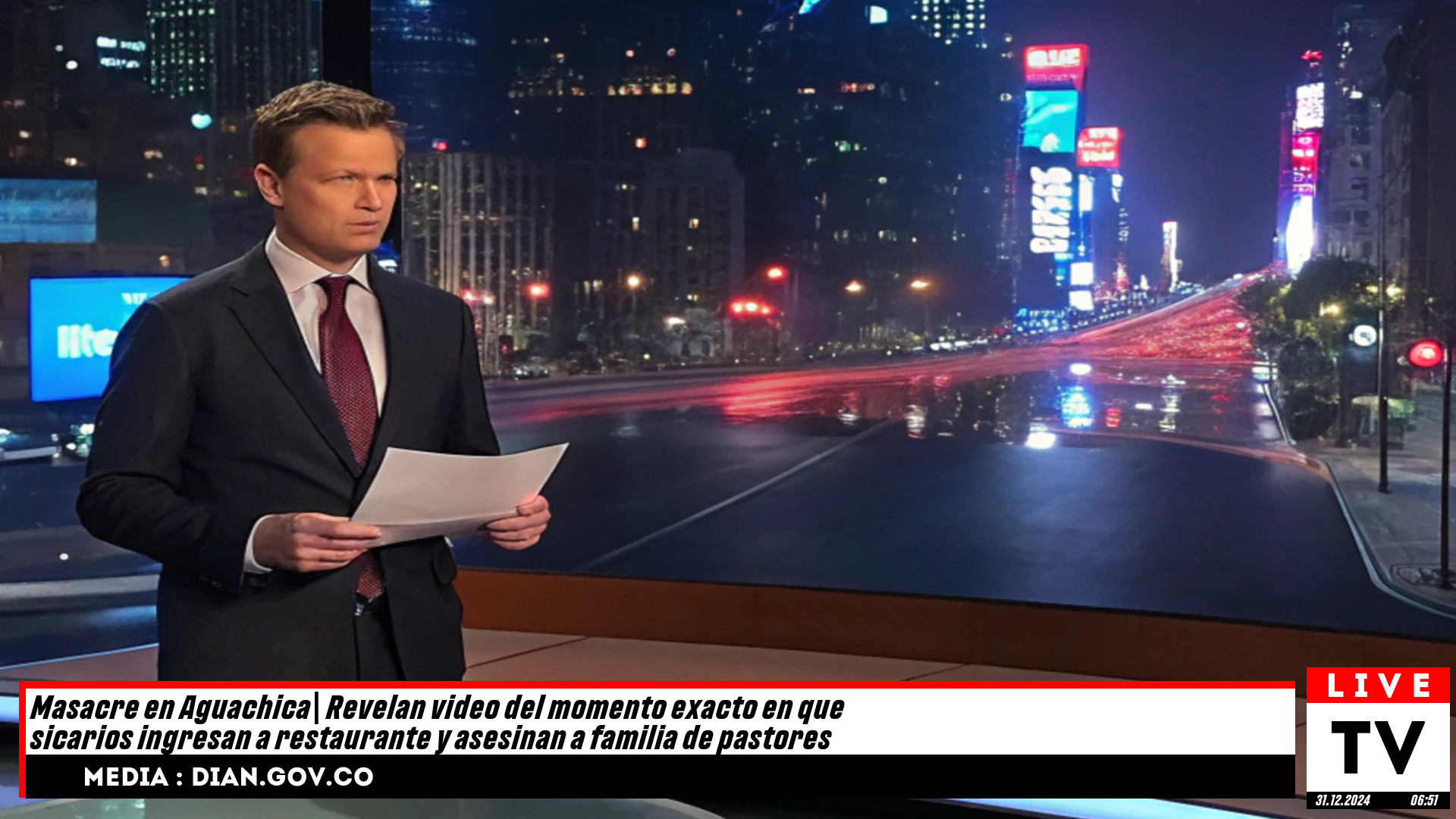
Sangriento ataque en Aguachica: Captan en video el instante en que sicarios abren fuego en un restaurante, cobrando la vida de una familia de pastores.
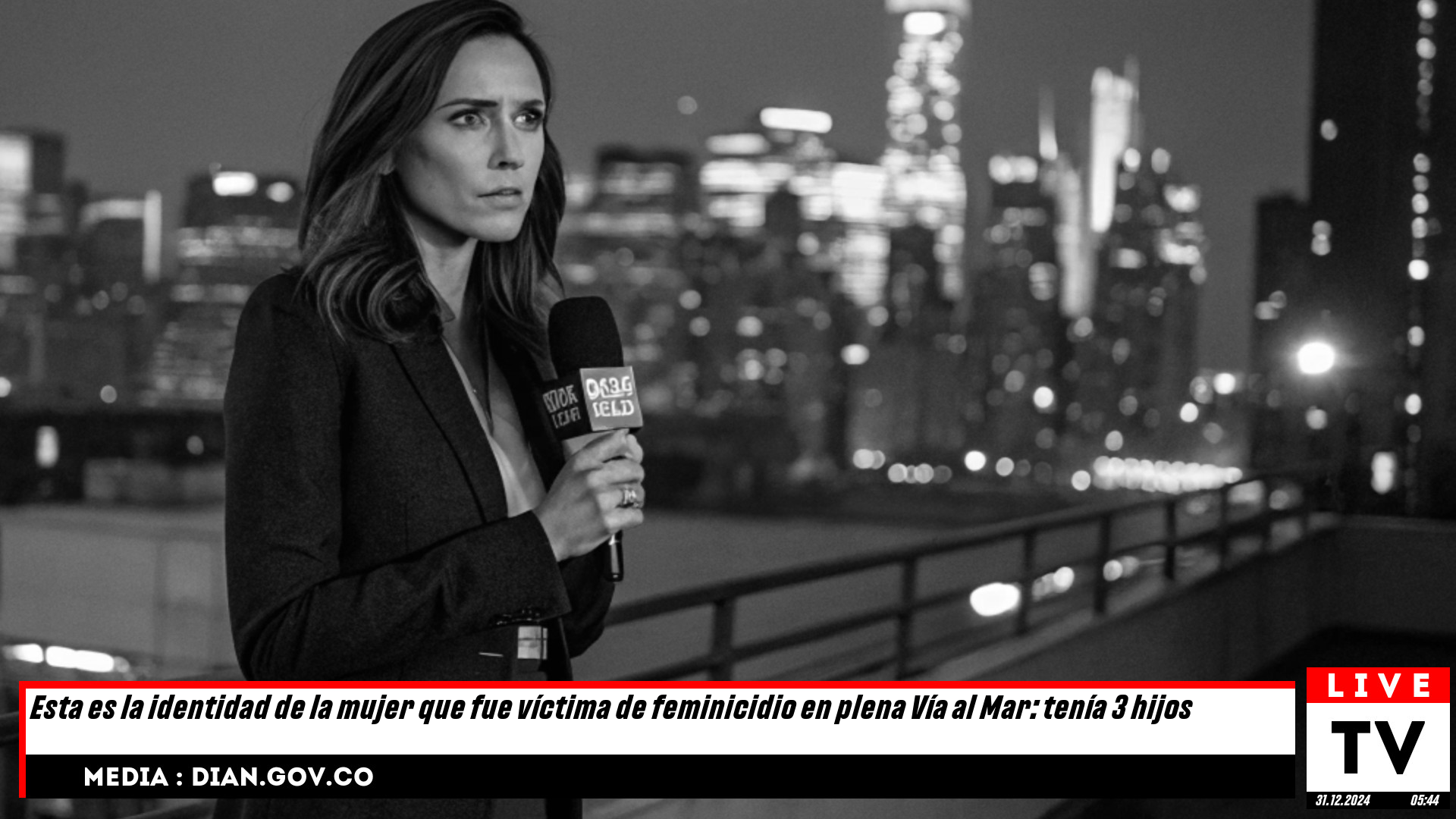
Identifican a la madre de tres hijos víctima de feminicidio en la Vía al Mar: una tragedia que conmueve a la comunidad.
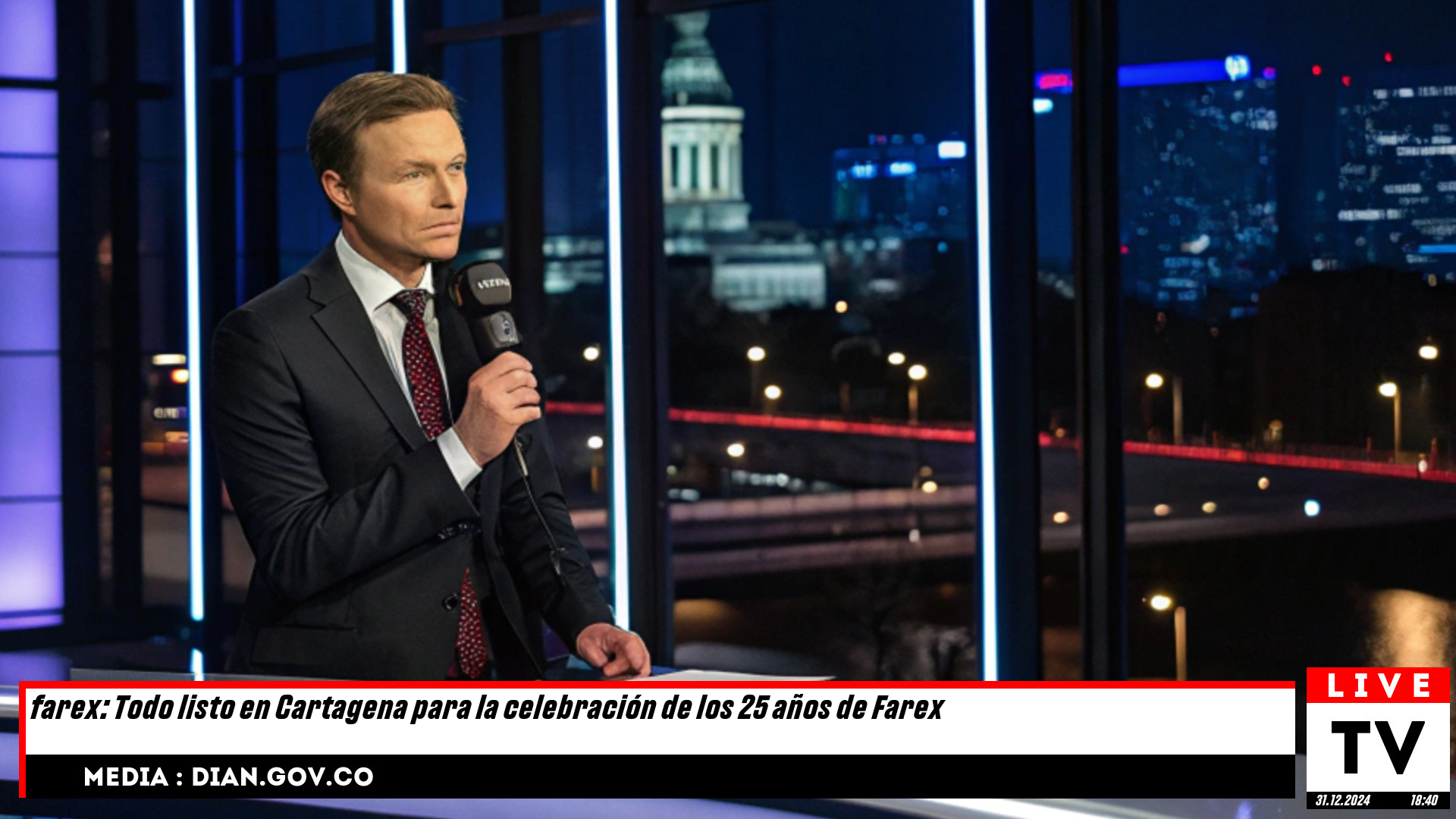
¡Cartagena se prepara para celebrar los 25 años de Farex con grandes festejos!
